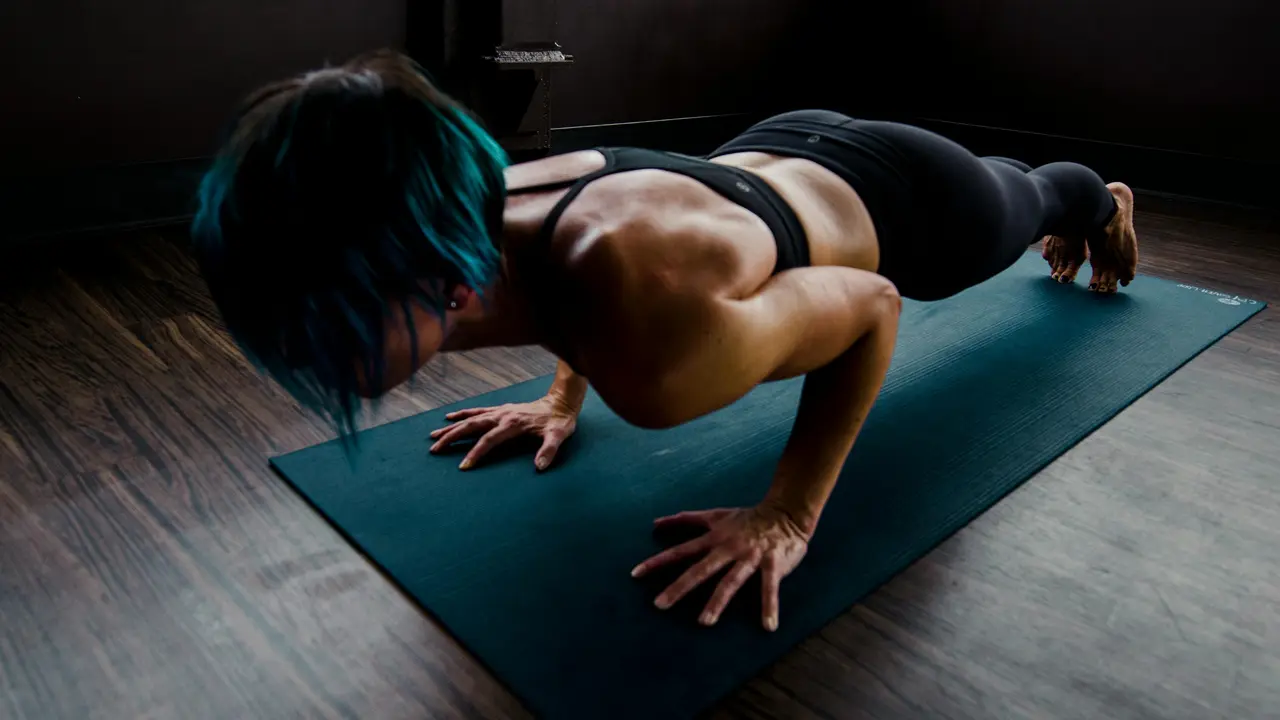When it comes to fitness, many people often wonder, “is a heavy bag a good workout?” For boxing enthusiasts and fitness lovers alike, heavy bags can provide a unique and effective way to enhance one’s training regimen. In this article, we will explore the benefits, techniques, and overall effectiveness of using a heavy bag to help you decide if it’s the right choice for your workout routine.
Understanding the Benefits of Heavy Bag Workouts
Cardiovascular Fitness
One of the key advantages of heavy bag training is its ability to boost cardiovascular fitness. Engaging in intense heavy bag sessions elevates your heart rate, improving endurance and overall heart health. Regular workouts can help you:
- Improve lung capacity
- Increase blood circulation
- Burn calories effectively
Strength and Conditioning
Using a heavy bag is not just about cardio; it also contributes significantly to overall strength and conditioning. The resistance of striking a heavy bag works various muscle groups and promotes muscle growth, especially in the upper body and core. Some of the muscle groups engaged include:
- Shoulders
- Arms
- Chest
- Core
Improved Technique and Coordination
Training with a heavy bag provides an excellent opportunity to hone your boxing techniques. You can practice different punches, footwork, and defensive movements, leading to better coordination and agility. This quality training can have a profound impact on your overall performance in the ring or during sparring sessions.
How to Use a Heavy Bag Effectively
Setting Up Your Heavy Bag
To maximize the benefits of your heavy bag workout, it’s essential to set it up correctly. Consider the following tips:
- Hang the bag at a height that allows easy access for striking.
- Ensure it is securely mounted to prevent swinging.
- Choose a location with adequate space to move around.
Warm-Up and Cool Down
Just like any workout, starting with a proper warm-up is critical. A good routine can include:
- Dynamic stretches
- Shadowboxing
- Light cardio to get your heart rate up
Cool down after your workout with stretching to improve flexibility and reduce muscle soreness.
Creating a Routine
To truly benefit from using a heavy bag, it’s vital to establish a structured routine. Here’s an example:
- Jab-cross combinations for 3 minutes
- Hooks and uppercuts for 2 minutes
- Footwork drills around the bag for 3 minutes
- Rest for 1 minute; repeat for several rounds
Common Mistakes to Avoid When Training with a Heavy Bag
Poor Technique
One of the most common pitfalls in heavy bag training is neglecting proper technique. Poor form can lead to injuries and reduce the effectiveness of your workout. Focus on:
- Keeping your hands up
- Using your whole body to generate power
- Maintaining balance
Overtraining
While it can be tempting to go all out every session, overtraining can lead to burnout and injuries. Listen to your body and allow time for recovery. Include rest days in your routine and alternate heavy bag workouts with other forms of exercise.
Neglecting Footwork
Many people focus solely on striking when training with a heavy bag, neglecting the importance of footwork. Incorporating movement will enhance your overall boxing skills and ensure a well-rounded workout.
Final Thoughts: Is a Heavy Bag a Good Workout?
In conclusion, the question “is a heavy bag a good workout?” can be answered with a resounding yes! The benefits of heavy bag training range from improving cardiovascular fitness and strength to enhancing technique and coordination. By incorporating proper setup, a well-structured routine, and avoiding common mistakes, you’ll make the most of your workouts. So why wait? Start incorporating heavy bag training into your regimen today, and see the positive changes in your fitness journey. Don’t forget to share this article with fellow fitness enthusiasts or read another article to expand your knowledge!
Workout – Recent Articles
- Is Rice Good After a Workout? Discover the Surprising Benefits!
- Can I Add a Workout to Apple Fitness? Discover the Secrets!
- Can You Workout After a Blood Test? Find Out Now!
- How to Stop Shaking After a Workout: 5 Simple Tips!
- How to Workout Biceps Without Weights: Ultimate Guide!
Workout – Useful Links
- CDC – Steps for Getting Started With Physical Activity
- Mayo Clinic – Fitness program: 5 steps to get started
- Healthline – How to Start Exercising: A Beginner’s Guide to Working Out
- Verywell Fit – Strength Training: A Beginner’s Guide to Getting Stronger
- ACE Fitness – Sticking to an Exercise Program: 25 Tips to Achieve Exercise Success
